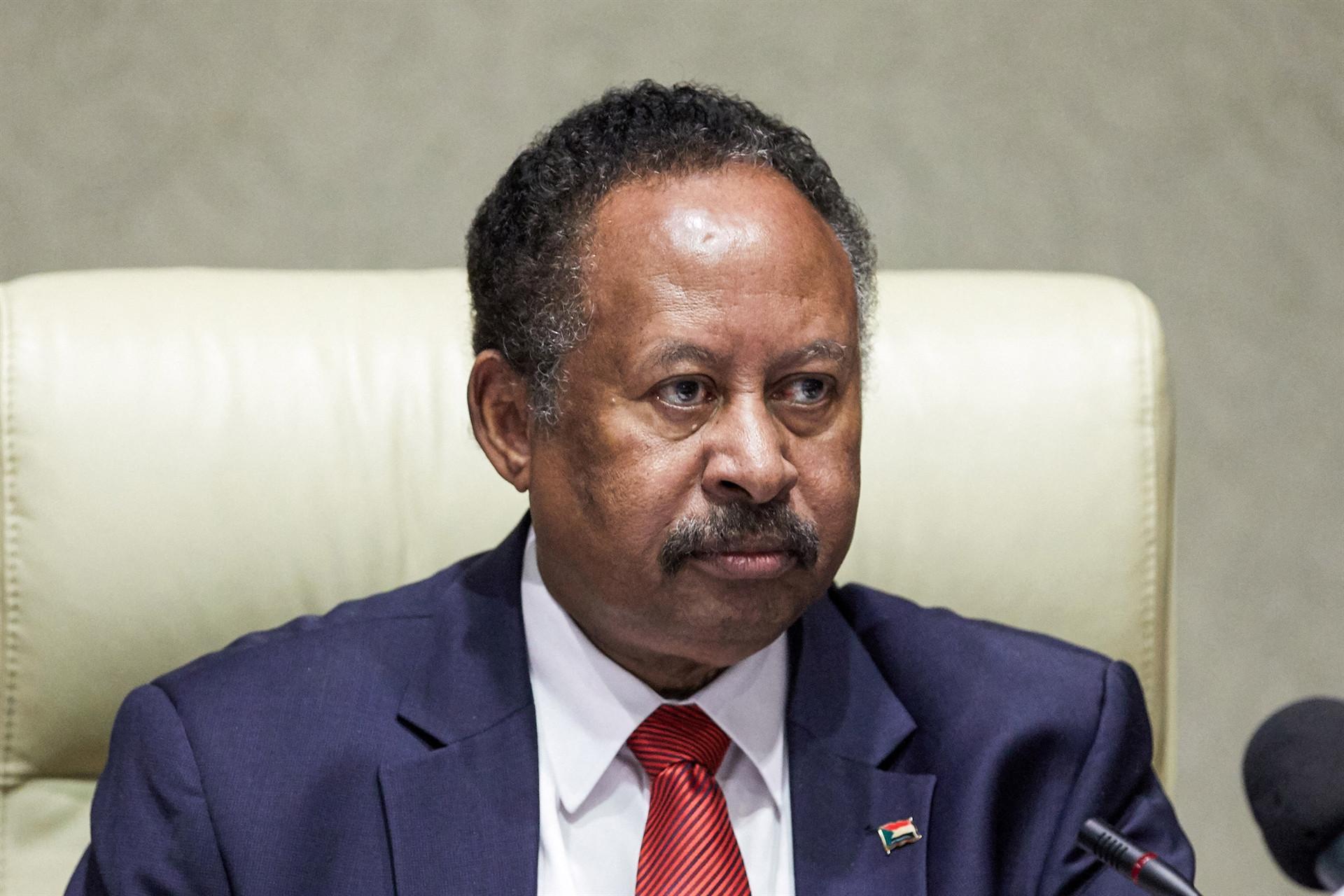
Sudan’s General Abdel Fattah al-Burhan and Prime Minister Abdalla Hamdok have reached a deal for his return and the release of civilian leaders detained since a military coup, mediators said on Nov. 21.
Burhan on October 25 declared a state of emergency and ousted the government in a move that upended a two-year transition to civilian rule, drew international condemnation and punitive measures, and provoked large protests.
"A political agreement has been reached between General Burhan, Abdalla Hamdok, political forces and civil society organizations for Hamdok’s return to his position, and the release of political detainees," senior Sudanese mediator Fadlallah Burma, acting head of the Umma party, told AFP.
A group Sudanese mediators - including academics, journalists and politicians - who have been locked in talks to mediate a deal since the outbreak of the crisis, released a statement outlining the main points of the deal.
It includes the restoration of Hamdok as prime minister, the release of all detainees, and what it said was the resumption of the constitutional, legal and political consensus governing the transitional period.
The return of Hamdok, a British-educated economist who has worked for the United Nations and African organizations, has been a key demand of the international community.
"The agreement will be officially announced later today (Sunday), after the signing of its terms and the accompanying political declaration," the statement said.
Mediators said the deal was reached following an agreement among political factions, ex-rebel groups, and military figures.
Nov. 21's deal announcement came as pro-democracy activists geared up for mass protests to denounce the coup and the ensuing deadly crackdown that have left at least 40 people killed, according to medics. Wednesday was the deadliest day with 16 people killed.
The protest calls were also led by the Sudanese Professionals Association (SPA), an umbrella of unions that were instrumental to the mass protests that led to the ousting of autocratic president Omar al-Bashir in April 2019.
Police officials deny using any live ammunition and insist they have used "minimum force" to disperse the protests. They have recorded only one death, among demonstrators in North Khartoum.
On Nov. 20, hundreds rallied in Khartoum against the military takeover and, in North Khartoum, across the Nile river from the capital, protesters erected barricades and set tyres on fire, an AFP correspondent said.
During the unrest in North Khartoum, a police station was torched, with security forces and protesters blaming each other for the fire.
Sudanese authorities have said an investigation into the killings would be launched.
But on Nov. 21, traffic flowed smoothly around Khartoum and streets were largely open, unlike other days of mass protests when main streets are usually blocked, according to an AFP correspondent.
Sudan, which is mired in a dire economic crisis, has a long history of military coups, enjoying only rare interludes of democratic rule since independence in 1956.
Burhan, who served under Bashir’s three-decades long rule, become Sudan’s de facto leader after the army ousted and jailed the president in 2019.
The veteran general headed the Sovereign Council of military and civilian figures, with Hamdok as prime minister leading the cabinet.
But deepening splits and long-simmering tensions between the military and civilians marred the transition, and last month Burhan led the army takeover.
Burhan has insisted that the military’s move "was not a coup" but a step "to rectify the transition".
Earlier this month, he announced a new ruling council in which he kept his position as head, along with a powerful paramilitary commander, three senior military figures, three ex-rebel leaders and one civilian.
But the other four civilian members were replaced with lesser known figures.